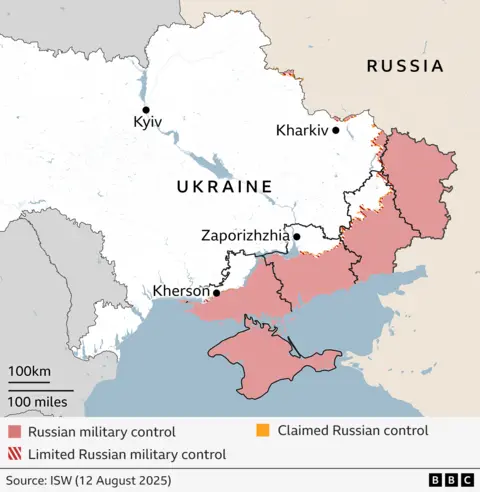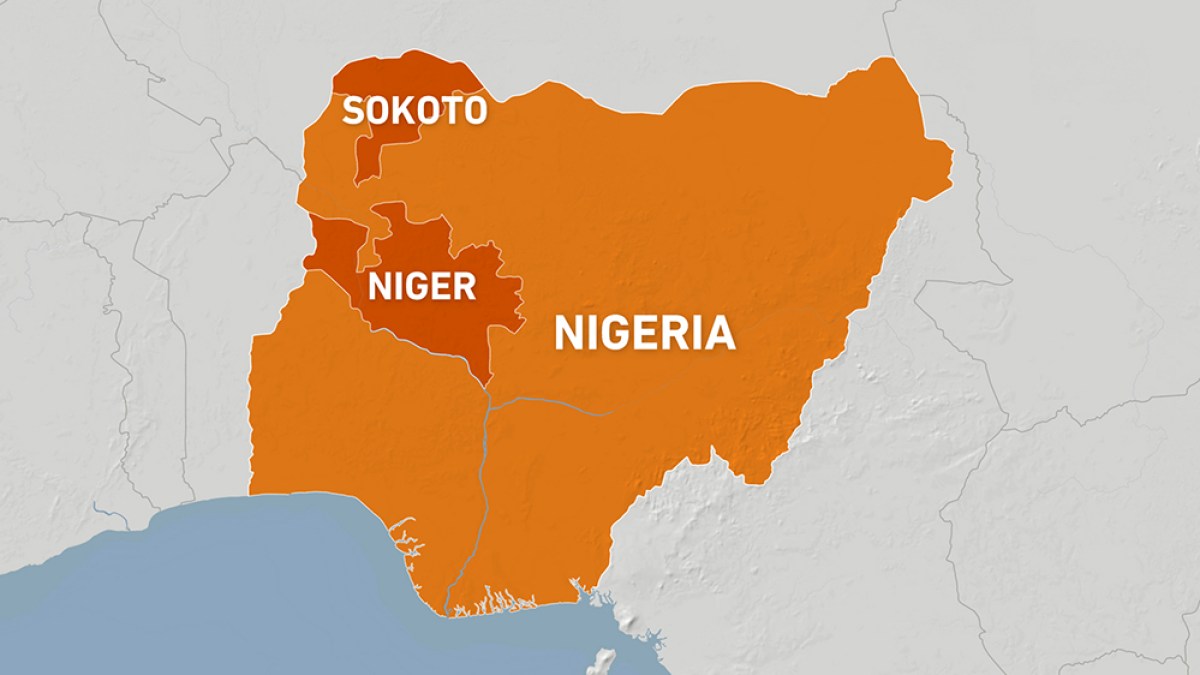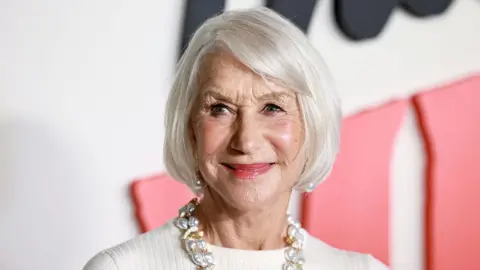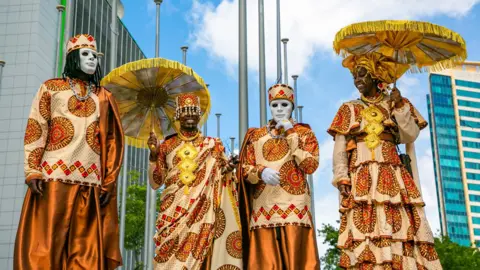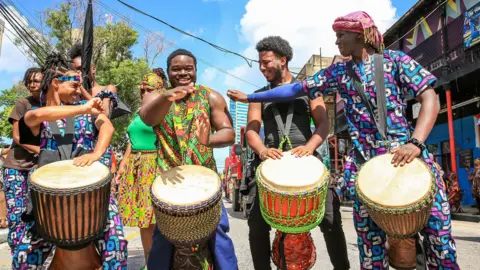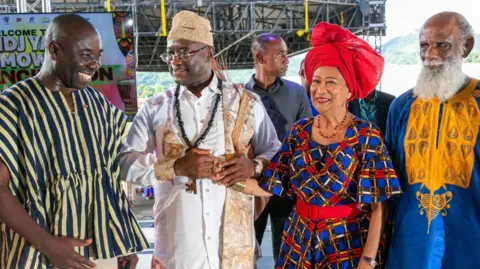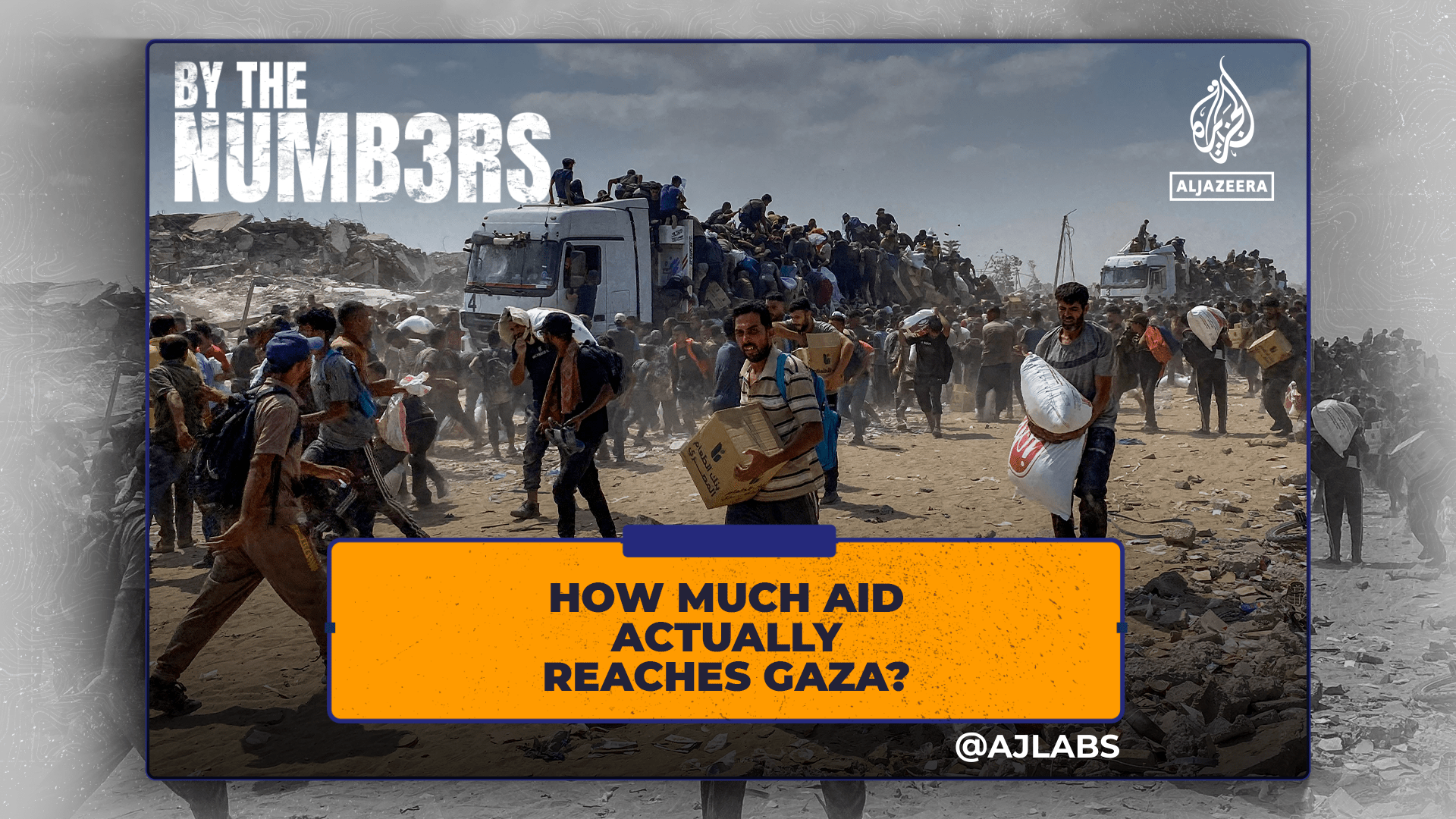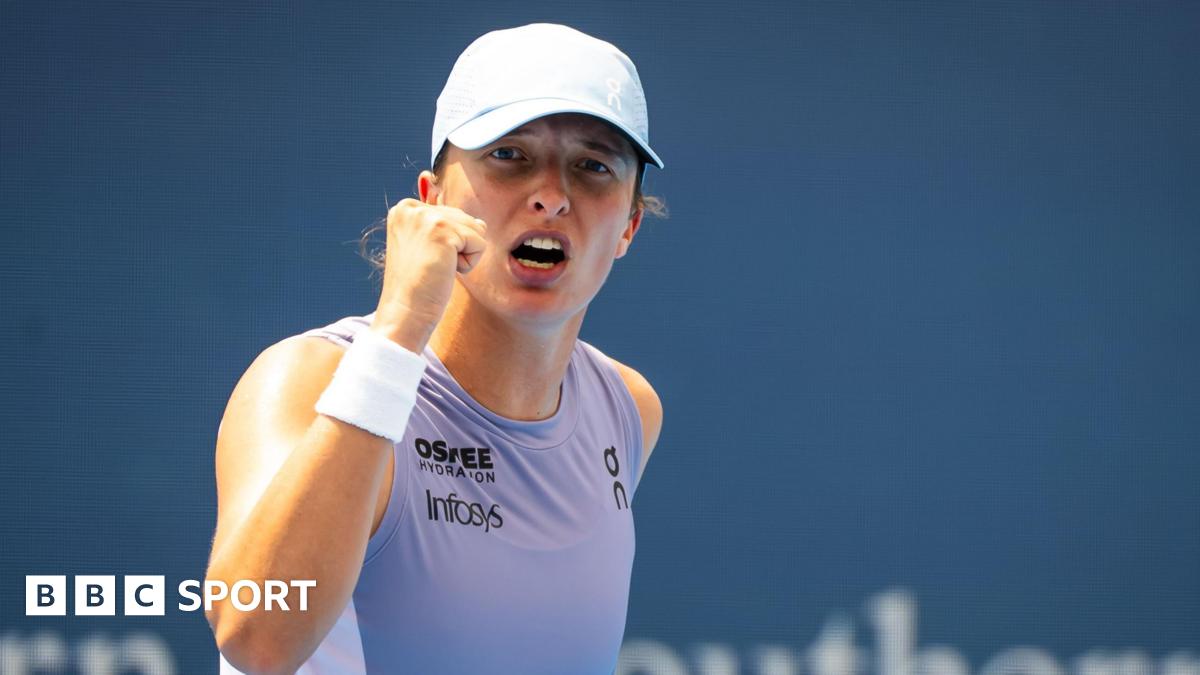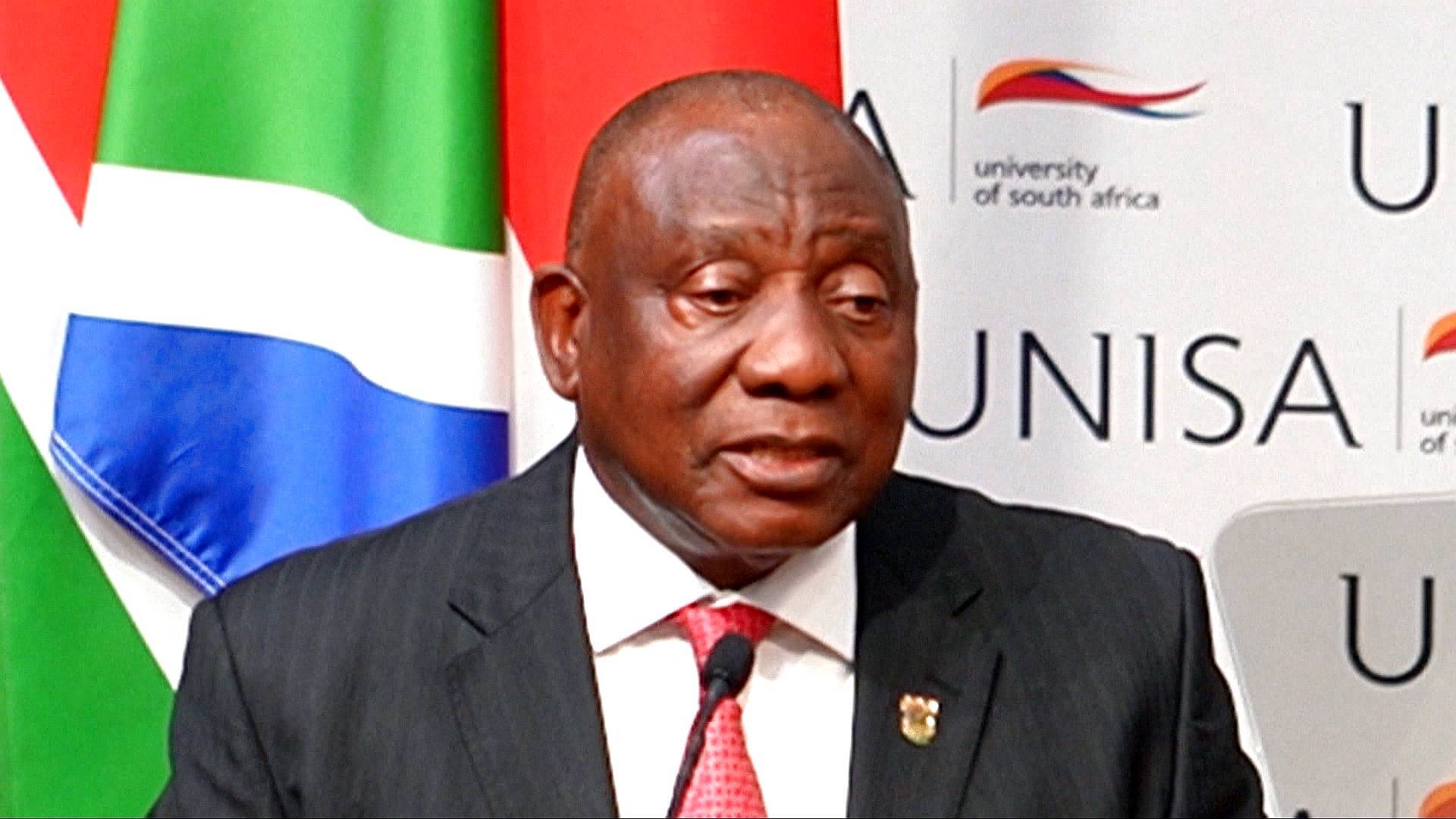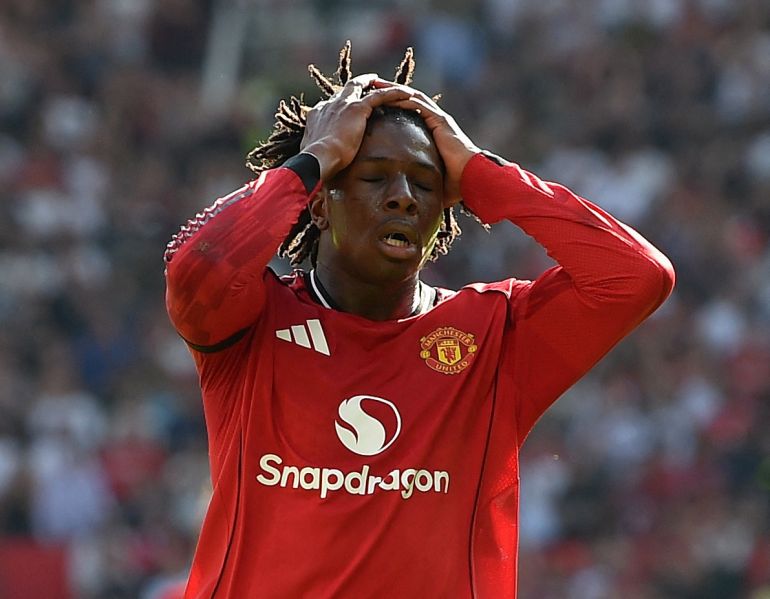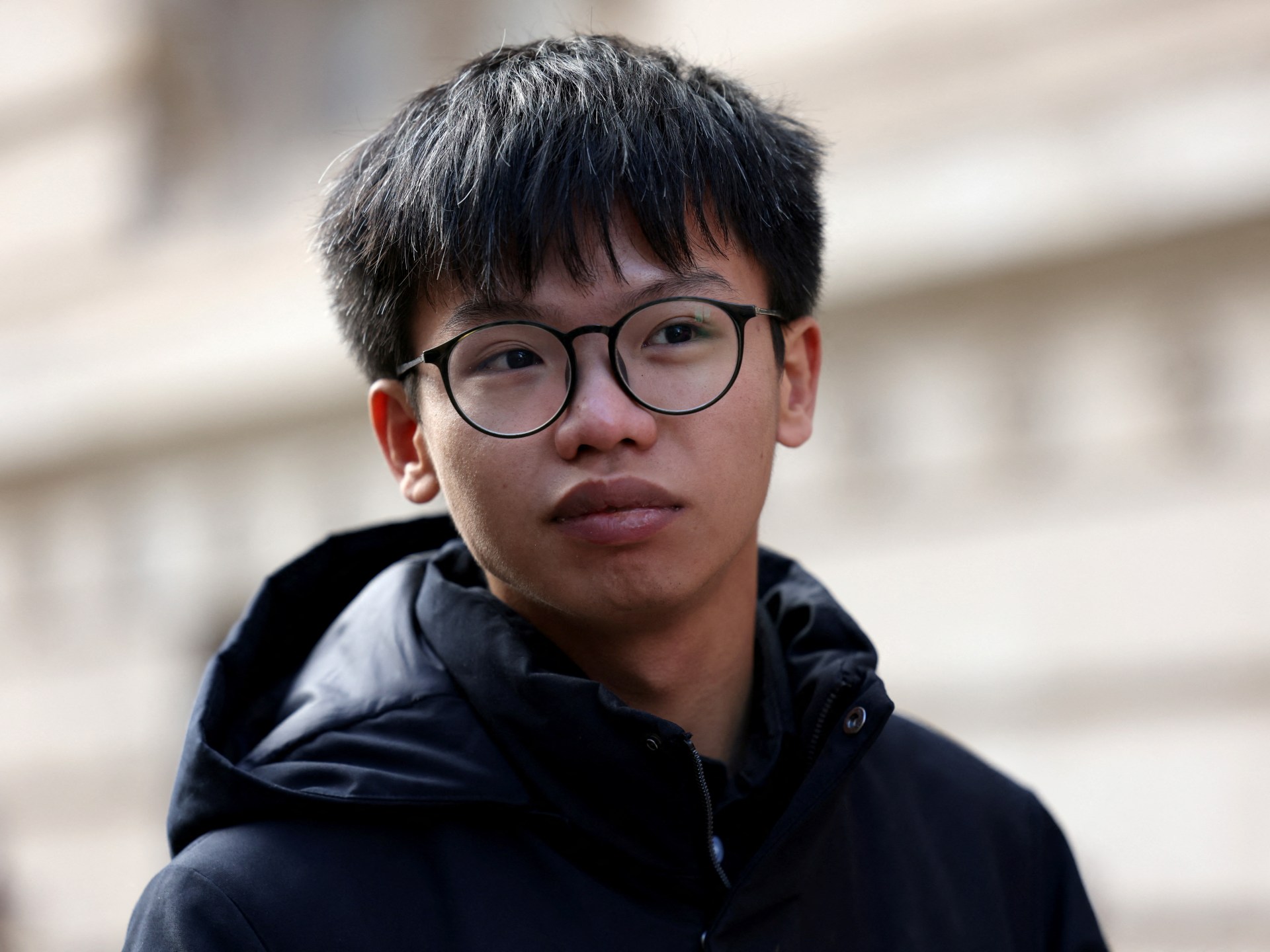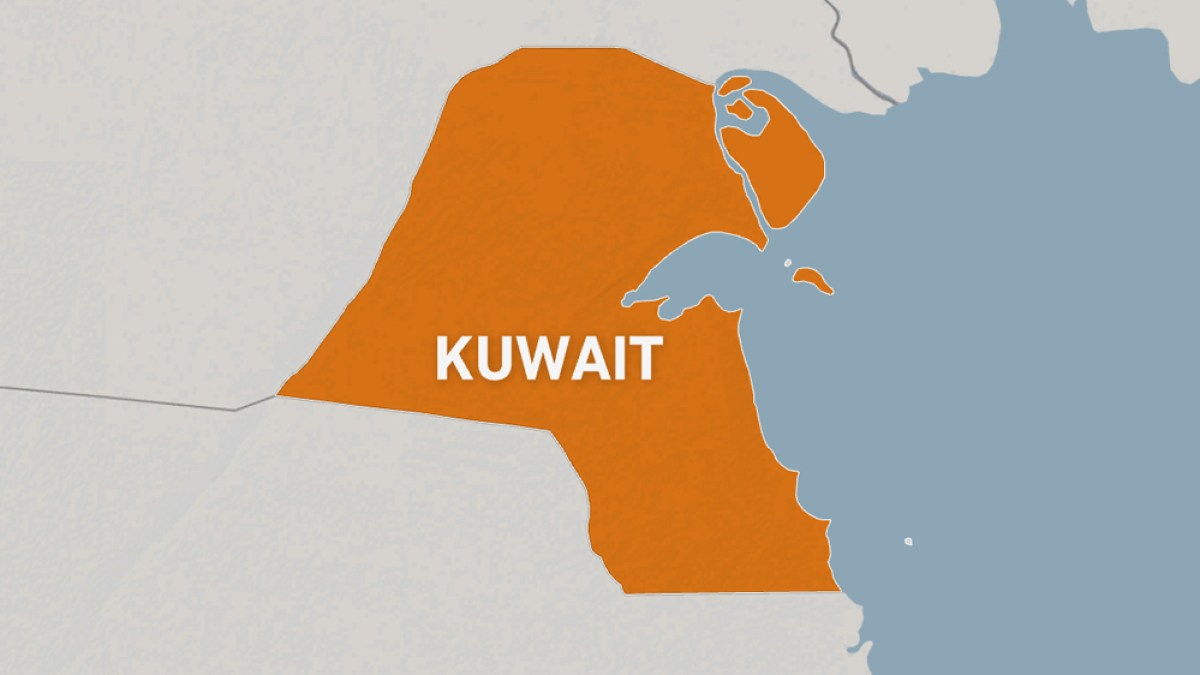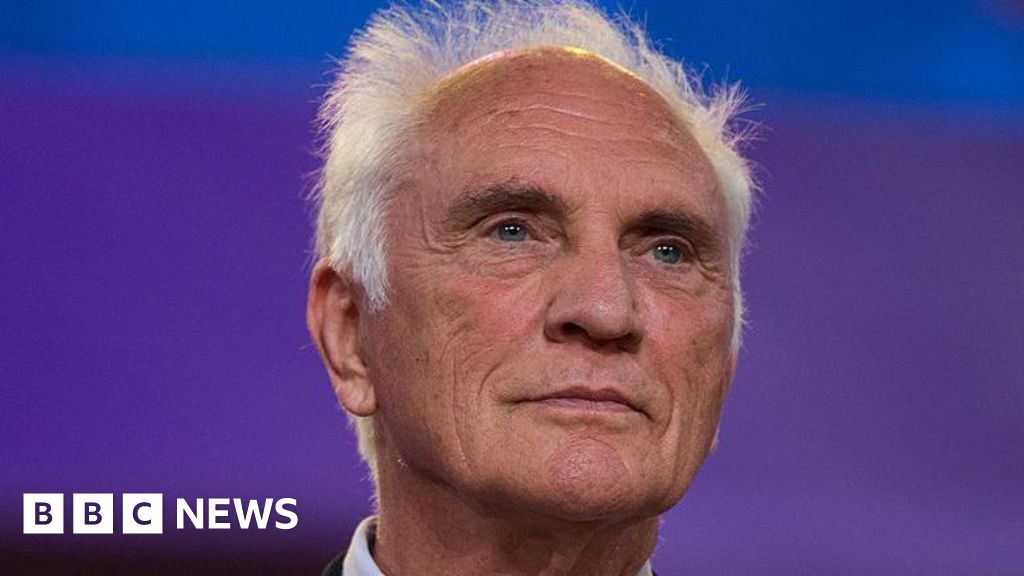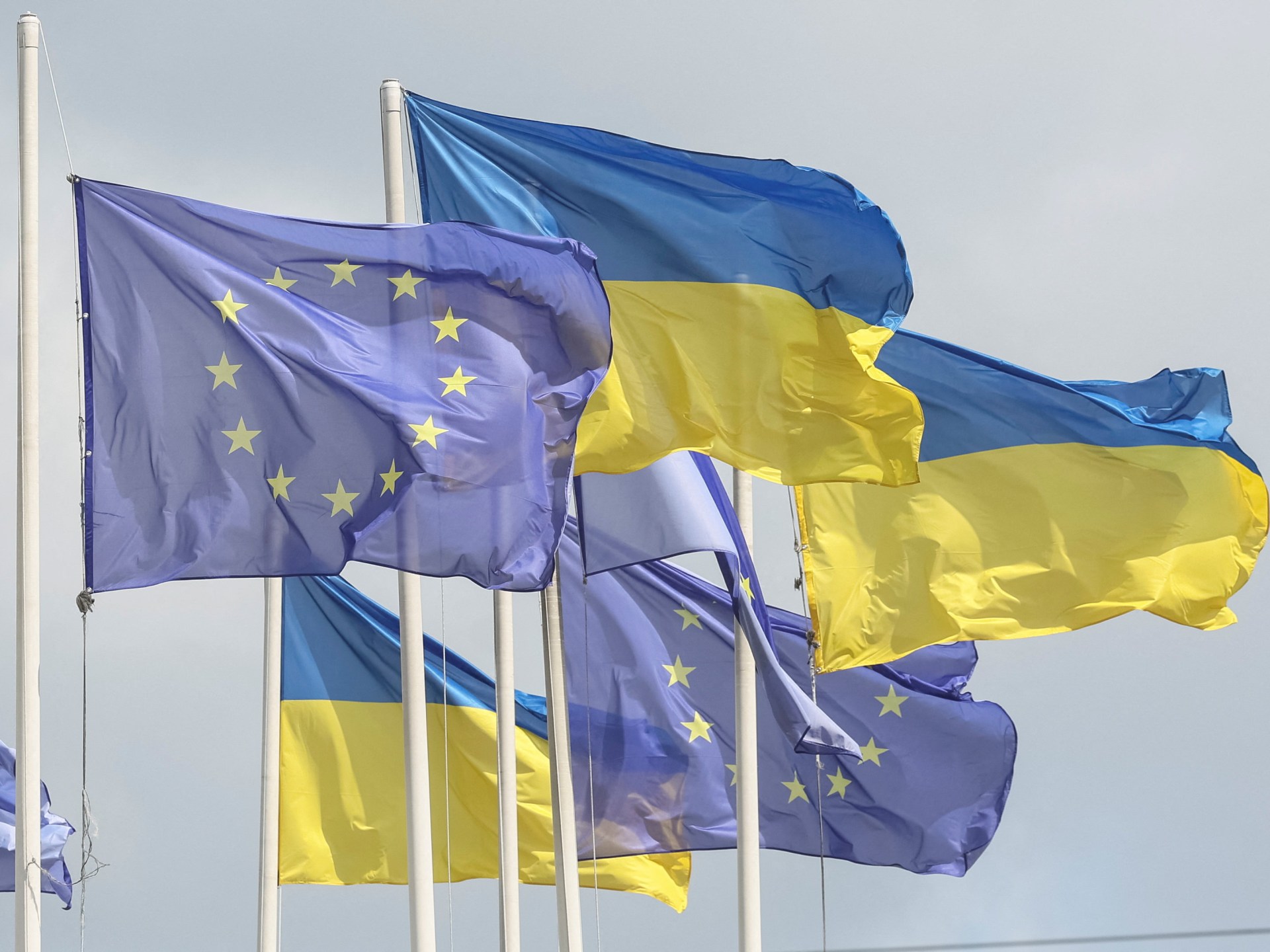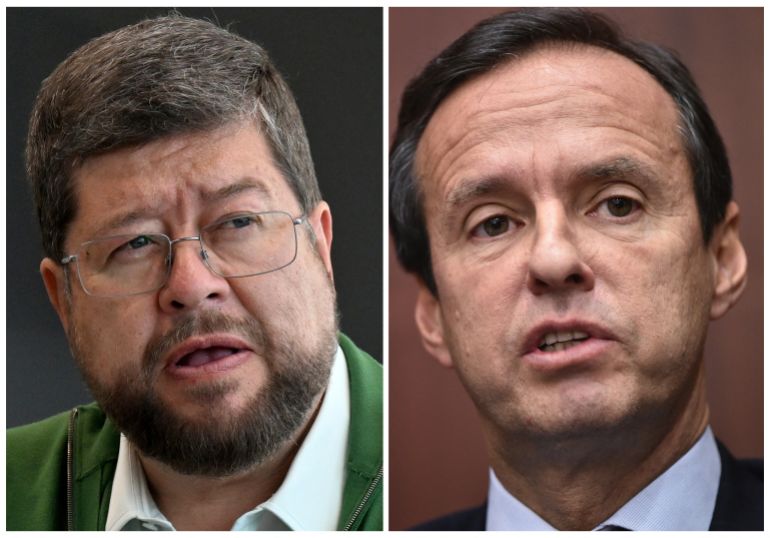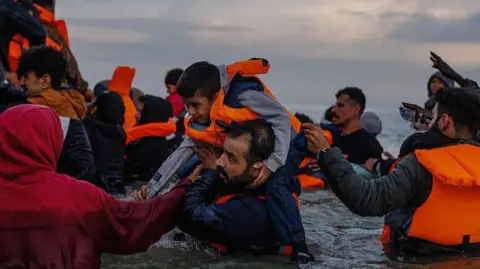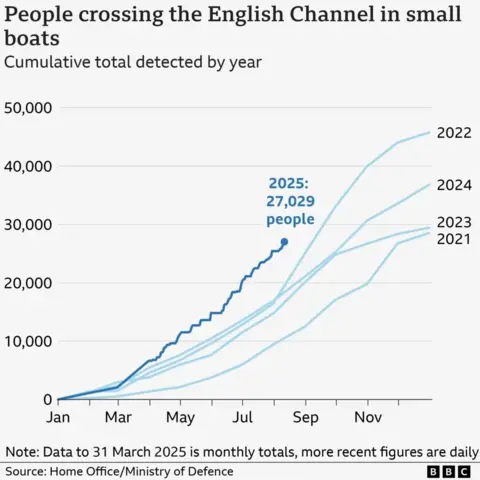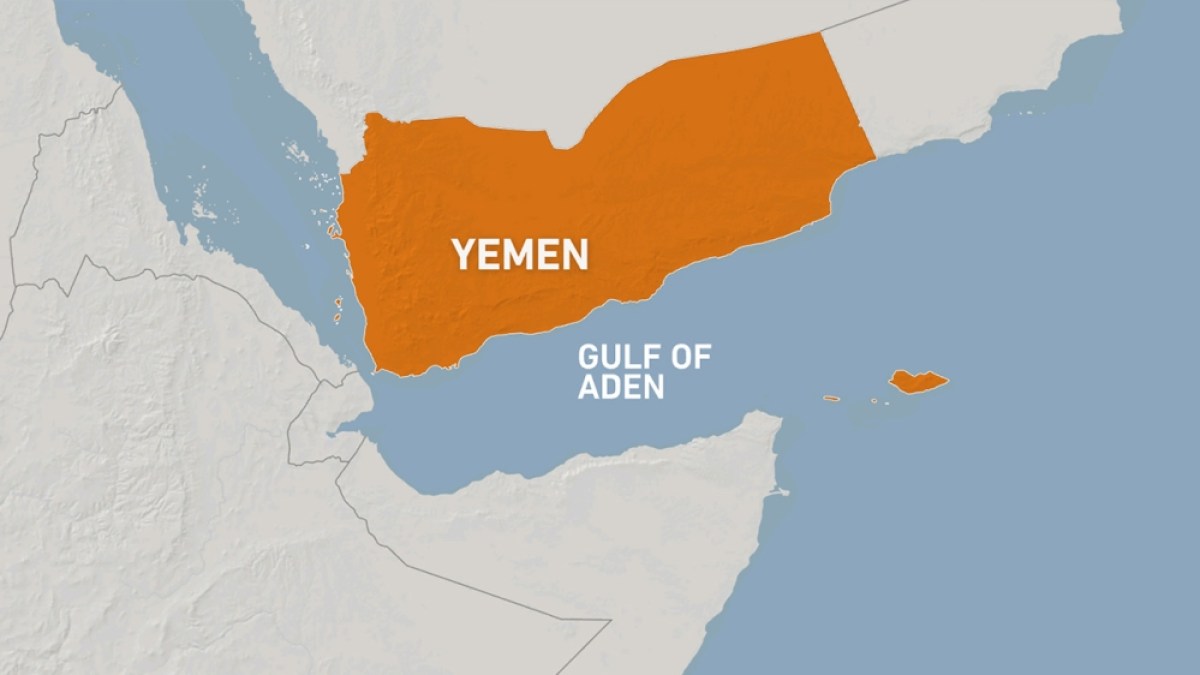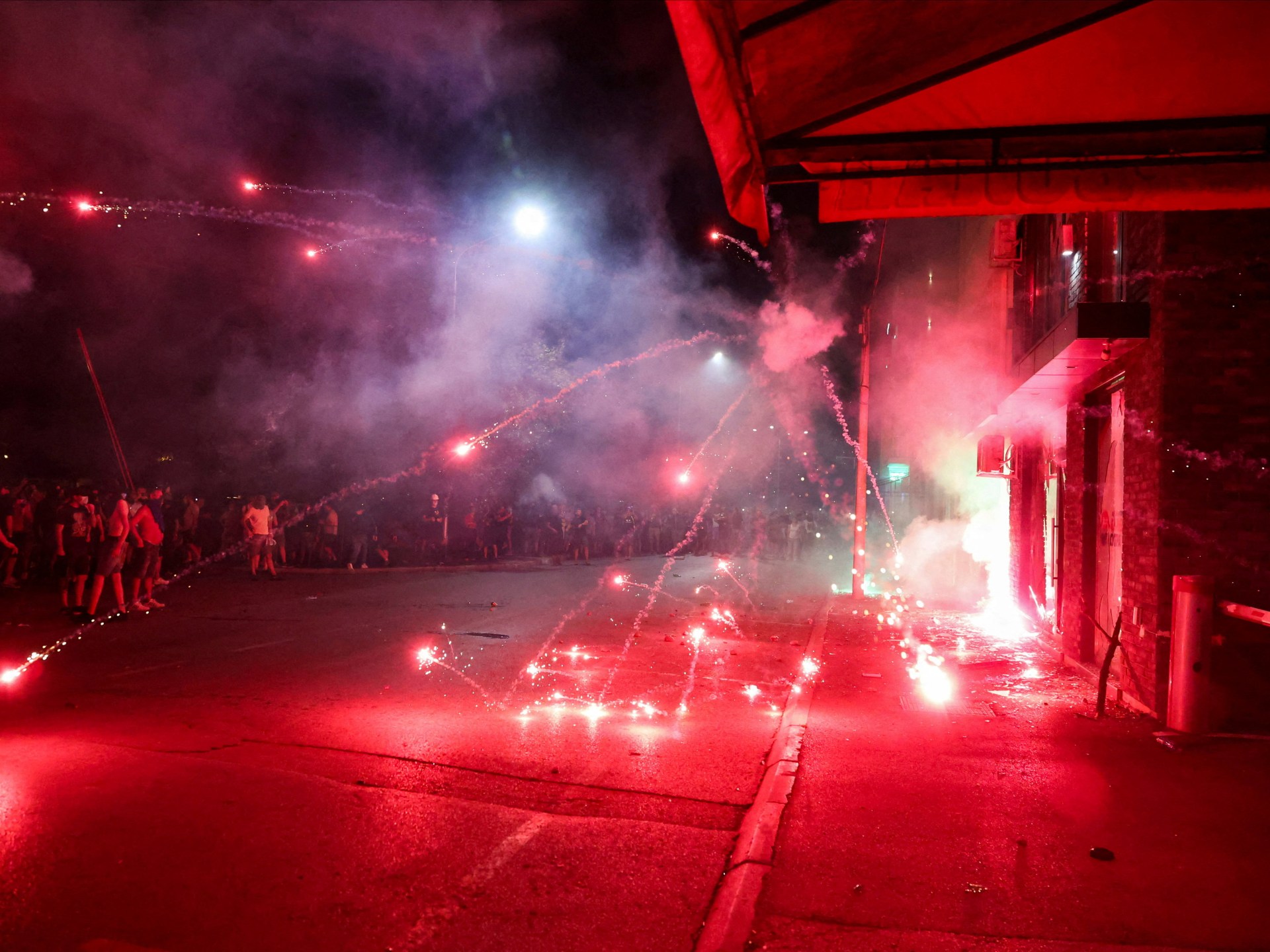‘No going into Nato by Ukraine,’ says Trump as Zelensky prepares for White House talks
BBC News, Washington
Donald Trump has said the Ukrainian president can end Russia’s war “if he wants to”, but there would be “no going into Nato by Ukraine” as part of a peace deal.
Hours before he was due to host Volodymyr Zelensky at the White House, Trump also said there would be “no getting back” of the Crimean peninsula, which Moscow illegally annexed in 2014, eight years before launching its full-scale invasion.
Trump’s remarks follow his summit with Russian leader Vladimir Putin in Alaska that resulted in the US president dropping a demand for a ceasefire and calling instead for a permanent peace deal.
After arriving in the US late on Sunday, Zelensky reiterated his call for allies’ effective security guarantees.
A US envoy said on Sunday that Putin had agreed to a possible Nato-like security pact for Ukraine.
The Russian president has consistently opposed the idea of Ukraine joining the military alliance.
Posting on his Truth Social platform on Sunday night, Trump said: “President Zelenskyy of Ukraine can end the war with Russia almost immediately, if he wants to, or he can continue to fight.
“Remember how it started. No getting back Obama given Crimea (12 years ago, without a shot being fired!), and NO GOING INTO NATO BY UKRAINE. Some things never change!!!” Trump added.
Before Trump’s return to power in January, Nato countries agreed on Kyiv’s “irreversible path” to membership in the alliance.
Nato Secretary General Mark Rutte, alongside European leaders including UK Prime Minister Sir Keir Starmer, will join Zelensky in Washington for talks on Ukraine’s future on Monday.
Also attending are French President Emmanuel Macron, Italian Prime Minister Giorgia Meloni, German Chancellor Friedrich Merz, Finnish President Alexander Stubb and European Commission President Ursula von der Leyen. It is unclear how many of them will go to the White House.
Trump later added: “Big day at the White House tomorrow. Never had so many European Leaders at one time. My great honor to host them!!!”
Zelensky posted on social media saying he was “grateful” for Trump’s invitation. “We all share a strong desire to end this war quickly and reliably”.
He also doubled down on the need for effective security guarantees from allies, “not like it was years ago… when Ukraine was given so called ‘security guarantees’ in 1994 but they didn’t work”.
“Of course, Crimea should not have been given up then,” he added. “Just as Ukrainians did not give up Kyiv, Odesa, or Kharkiv after 2022”.
For so many heads of state to travel with such little notice across the Atlantic to what is essentially a wartime crisis meeting appears without precedent in the modern era, underscoring the sky-high stakes.
Diplomatic sources say European officials are concerned that Trump may try to press Zelensky to agree to terms, after the Ukrainian leader was excluded from the Trump-Putin meeting on US soil last Friday.
But US Secretary of State Marco Rubio told the BBC’s US partner CBS that any suggestion Zelensky might be bullied by Trump into accepting a peace deal was a “stupid media narrative”.
Nato leaders also appear eager to avoid a repeat of Zelensky’s February trip to the Oval Office that ended abruptly after an argument with Trump and US Vice-President JD Vance.
The altercation – which saw Trump accuse Zelensky of “gambling with World War Three” – left Washington-Kyiv ties in tatters.
But European leaders have been working diligently behind the scenes since then to mend the relationship. The Ukrainian leader has been coached to talk in terms of deal-making – language that resonates with Trump.
In April, Ukraine signed a minerals agreement that gave the US a financial stake in the country, and Trump and Zelensky spoke privately at the Vatican before Pope Francis’s funeral. Ukraine made clear it was willing to pay for US weapons.
By July, the two leaders had a phone call that the Ukrainian president described as “the best conversation we have had”.
Meanwhile, Trump had begun to express exasperation with Russia’s unrelenting onslaught in Ukraine. He called Putin “absolutely crazy”, drastically shortened his deadline for a peace deal, and threatened economic sanctions on Moscow.
As these deliberations grind on, Russian forces continue to advance on the battlefield. They now occupy almost a fifth of Ukraine since Moscow launched its full scale invasion in February 2022.
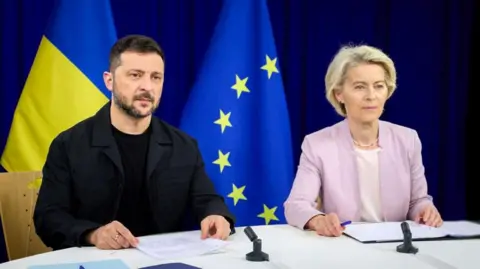 EPA
EPAA virtual summit was held on Sunday between Zelensky and the so-called coalition of the willing – a group of nations including the UK, France and Germany that have pledged to protect peace in Ukraine once it is achieved.
Afterwards, Emmanuel Macron told reporters their plan was to “present a united front” for Monday’s talks with Trump.
Zelensky and the Nato leaders said they were keen to learn more after US envoy Steve Witkoff told US television that Putin had agreed on Friday to “robust security guarantees that I would describe as game-changing”.
Witkoff said such an agreement could see Europe and the US protect Ukraine from further aggression with a Nato-like defence agreement.
“We were able to win the following concession: that the United States could offer Article 5-like protection, which is one of the real reasons why Ukraine wants to be in Nato,” Witkoff told CNN on Sunday.
Putin has long opposed Ukraine joining Nato, and Witkoff said the arrangement could be an alternative if the Ukrainians “can live with it”.
Article 5 is a principle at the heart of the 32-member transatlantic military alliance that says its members will come to the defence of an ally that is under attack.
Witkoff also told CNN that Russia made “some concessions” around five heavily contested regions of Ukraine.
In talks with European allies after the Alaska summit, Trump said Putin had reiterated that he wants the key Donetsk and Luhansk regions that make up Donbas, eastern Ukraine, according to European officials.
But at Sunday’s virtual summit with Nato leaders, Zelensky stressed that the Ukrainian constitution makes it impossible to give up territory – and that this should only be discussed by the leaders of Ukraine and Russia at a trilateral summit with the US.
The US secretary of state, meanwhile, sought to temper hopes that a deal to end Europe’s deadliest conflict for 80 years could be imminent.
“We’re still a long ways off,” Rubio said on Sunday.
